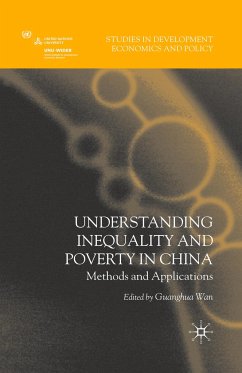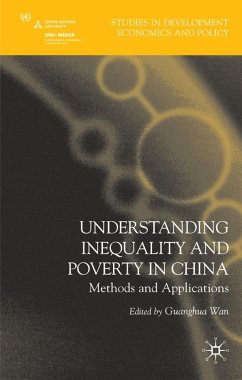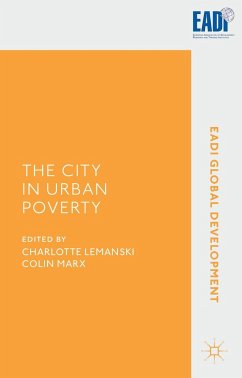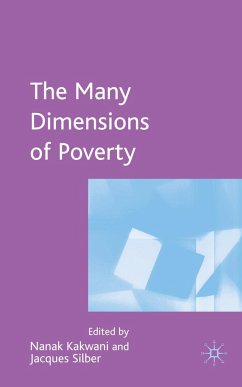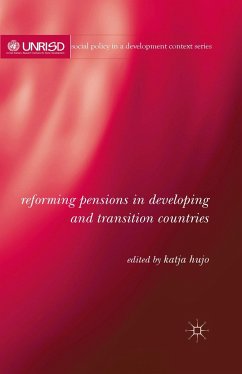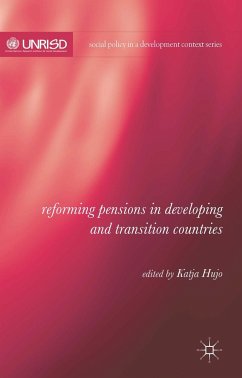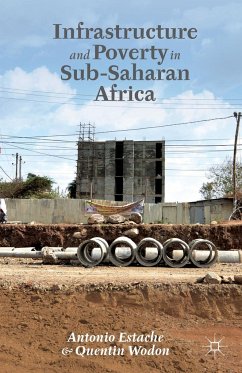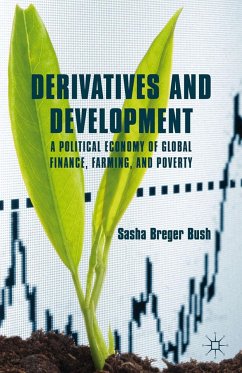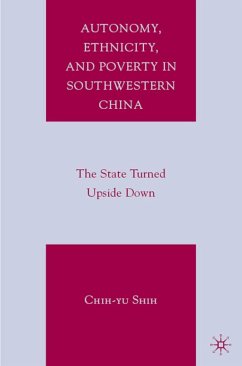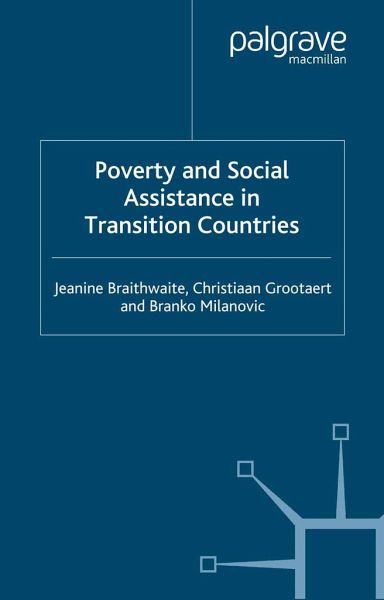
Poverty and Social Assistance in Transition Countries

PAYBACK Punkte
19 °P sammeln!
Declining incomes and growing income inequality have led to a rise in poverty in the transition economies of Eastern Europe and the former Soviet Union. This study examines poverty and social assistance in six countries - Bulgaria, Hungary, Poland, Estonia, Russia, and the Kyrgyz Republic - comparing the poverty profiles and the correlates of poverty between the two regions. The study finds that the profile of poverty is more sharply defined in Eastern Europe than in the former Soviet Union, where poverty is more widespread. This holds the potential for better targeting of social assistance in...
Declining incomes and growing income inequality have led to a rise in poverty in the transition economies of Eastern Europe and the former Soviet Union. This study examines poverty and social assistance in six countries - Bulgaria, Hungary, Poland, Estonia, Russia, and the Kyrgyz Republic - comparing the poverty profiles and the correlates of poverty between the two regions. The study finds that the profile of poverty is more sharply defined in Eastern Europe than in the former Soviet Union, where poverty is more widespread. This holds the potential for better targeting of social assistance in Eastern Europe, and the study proposes a novel two-step approach to identify the poor.





